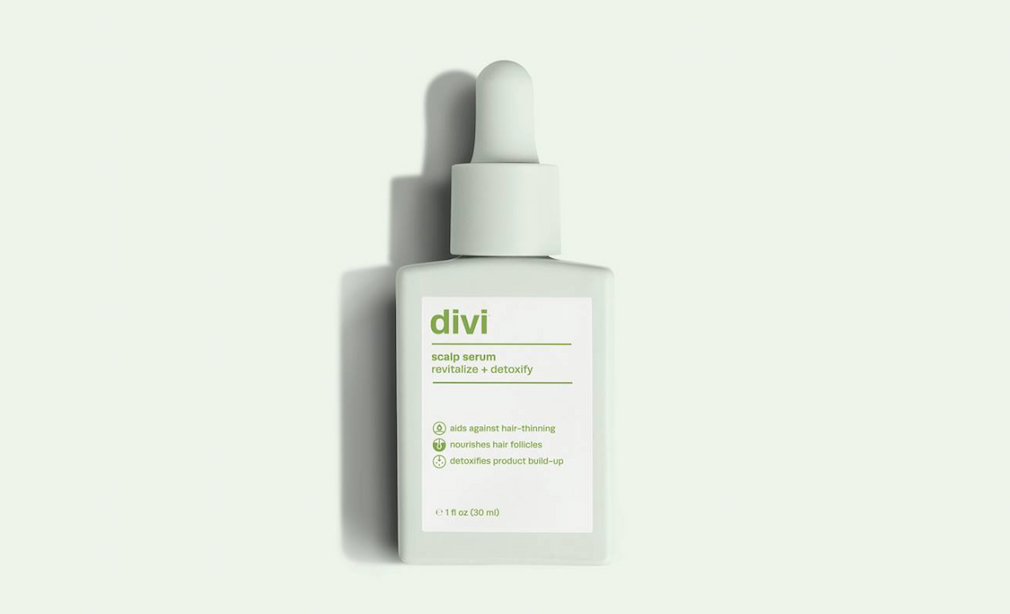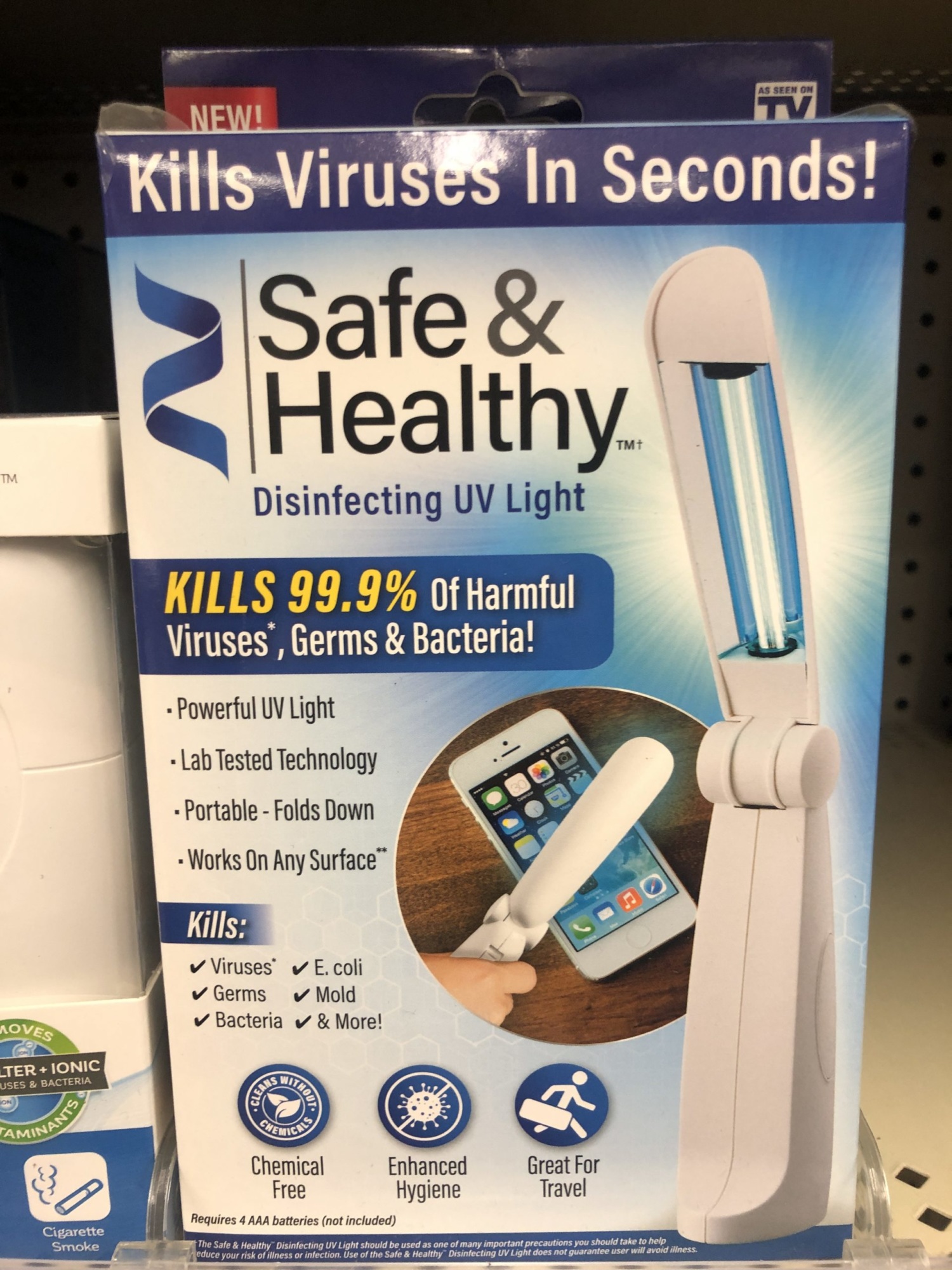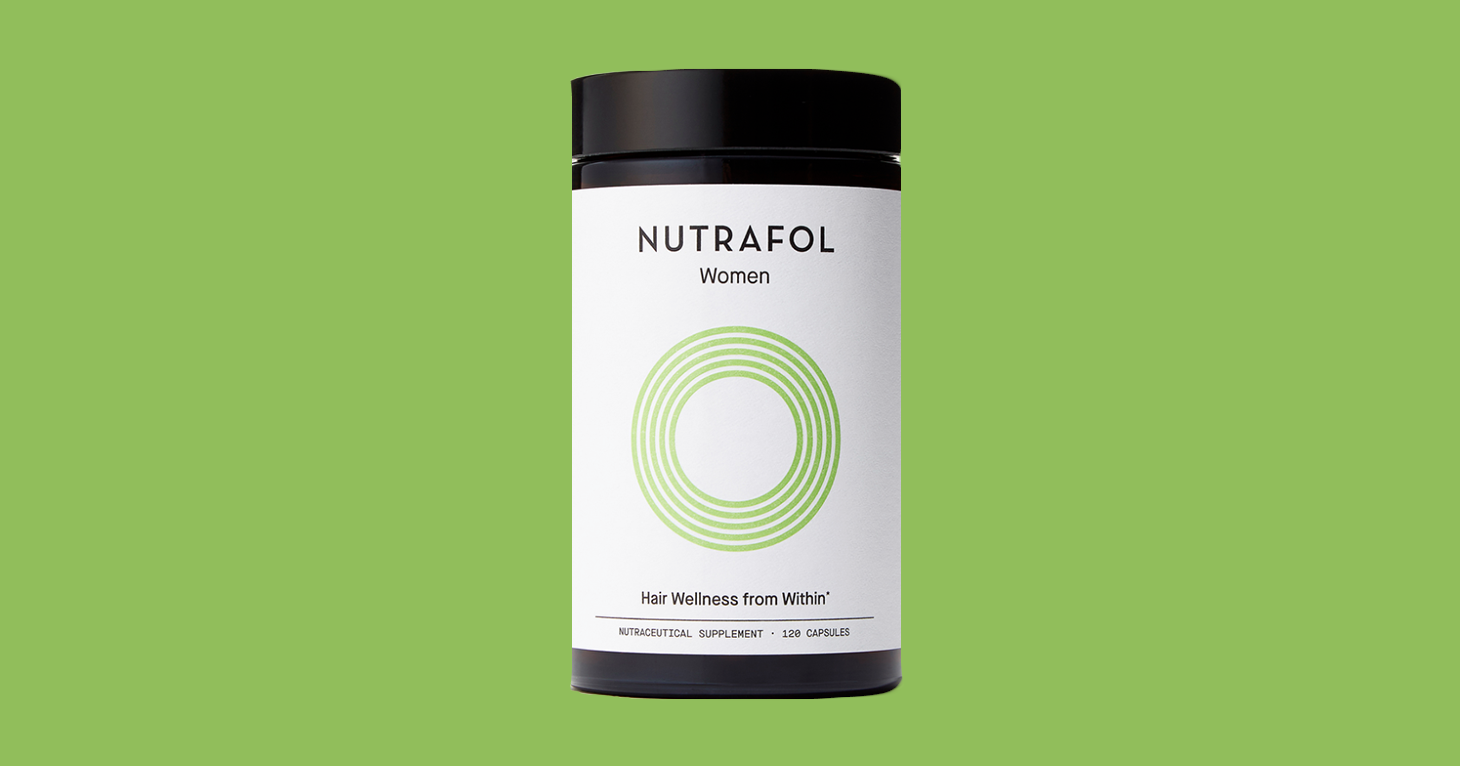
Divi Scalp Serum
Divi isn't the only company that advertises its products can grow hair and prevent hair loss, in violation of the law.

In a recent complaint to TINA.org, a reader relayed her dogged but ultimately unsuccessful attempts to obtain the evidence in support of marketing claims by hair health brand Divi that its scalp serum “[a]ids against hair thinning” and “create[s] a healthy scalp environment for hair to grow.” At the end of her submission, she dropped the mic.
“I want a product that has evidence. Not just customer perception before and afters,” she said, referring to anecdotal before-and-after images such as those featured on the company’s Facebook page.
Brilliant. But also, accurate.
After receiving the reader’s tip, we took a look ourselves. We also didn’t find any evidence in support of the company’s unapproved drug claims (more on this to come). While Divi boasts on its website that its products are “[b]acked by science” and indicates in an FAQ that the scalp serum has “undergone clinical studies for effectiveness,” it does not say what those alleged studies actually concluded, nor does it make the studies readily available for consumers to review.
And then there’s this: Pursuant to the FDA, claims that a product can stimulate hair growth and prevent, reduce or treat hair loss are drug claims requiring FDA approval. The FDA has only approved two products to increase hair growth and treat hair loss, finasteride (Propecia) and minoxidil (Rogaine).
Further, pursuant to the FTC, such drug claims must be supported by competent and reliable scientific evidence in the form of “tests, analyses, research or studies that (1) have been conducted and evaluated in an objective manner by experts in the relevant disease, condition, or function to which the representation relates; and (2) are generally accepted in the profession to yield accurate and reliable results.” Suffice to say, before-and-after pictures and client testimonials don’t meet this standard.
Divi isn’t the only company that advertises its products can grow hair and prevent hair loss, in violation of FDA and FTC law. TINA.org has taken steps to eradicate such deception in the hair growth industry by filing a complaint with the FDA and FTC against Unilever-owned Nutrafol and putting an additional 25 hair product companies on notice.

TINA.org reached out to Divi for comment. Check back for updates.
Meanwhile, if you encounter a suspicious ad or claims that appear to be too good to be true, do as our reader did and conduct your own research. Even if it leads to a disappointing outcome, that’s better than wasting your money on ineffective products.
Find more of our coverage on hair growth products here.
Our Ad Alerts are not just about false and deceptive marketing issues, but may also be about ads that, although not necessarily deceptive, should be viewed with caution. Ad Alerts can also be about single issues and may not include a comprehensive list of all marketing issues relating to the brand discussed.
You Might Be Interested In

Safe & Healthy Disinfecting UV Light
When it comes to UV devices and COVID-19, there is no magic wand.

Nutrafol
TINA.org takes a closer look at hair supplements’ “clinically proven” claims.

Taspen’s Organics Gets FDA Smackdown
FDA warning letter outlines several issues related to supplement’s marketing.
